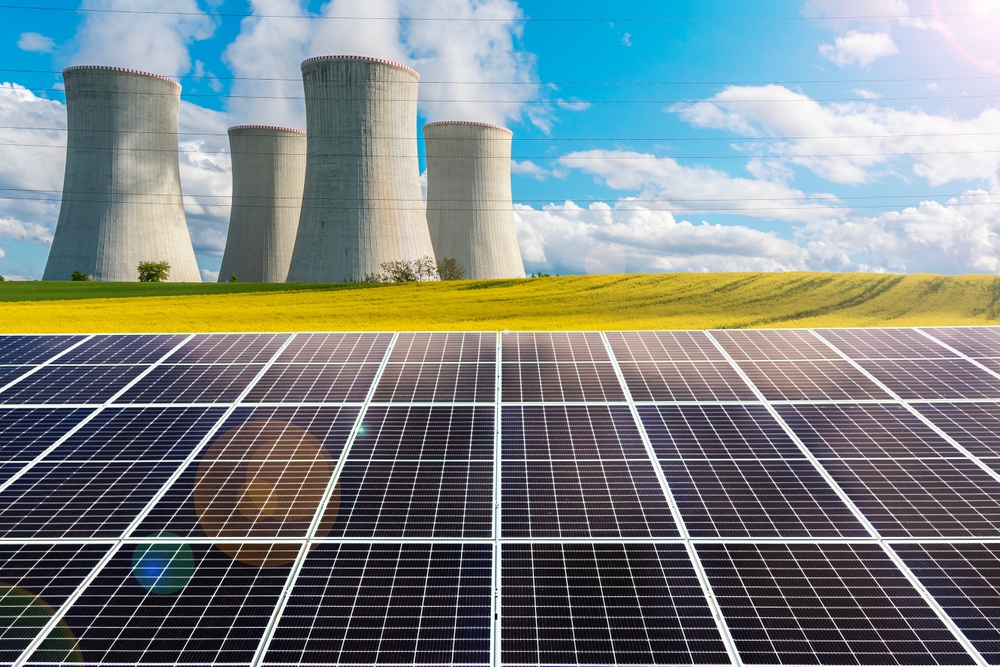Nuclear Energy's Role in Sustainable Development: From Electricity to Hydrogen and Maritime Transportation
Key Ideas
- Nuclear energy is positioned to play a crucial role in achieving sustainable development by reducing global emissions in electricity and heat generation sectors.
- The potential of nuclear power extends beyond electricity production, with applications in water desalination, hydrogen production, and maritime transportation to combat climate change.
- The nuclear industry has demonstrated success in water desalination and pilot projects for hydrogen production, showcasing the versatility of nuclear power for clean energy solutions.
The European Nuclear Society (ENS) explores the pivotal role of nuclear energy in driving global sustainable development by providing clean, low-carbon energy solutions and decarbonizing key industries. With the urgent need to address climate change, achieving Net-Zero emissions by 2050 has become a critical goal globally. Decarbonizing the electricity and heat generation sector, accounting for 44% of global emissions, is a primary focus. Nuclear energy, alongside renewables, offers a mitigation path by replacing fossil power plants. It also supports electrification in various sectors and plays a vital role in providing stable electricity production.
Beyond electricity generation, nuclear reactors are versatile in generating heat for district heating, industry, hydrogen production, and potable water, showcasing efficiency levels of over 80%. The nuclear industry has also proven successful in water desalination, with nuclear power plants combined with processes like reverse osmosis offering an economically viable solution for treating seawater.
Hydrogen production via nuclear-powered electrolysers presents a promising opportunity for scaling up, aligning with the EU's target for domestic hydrogen production. Nuclear technologies are also explored in maritime transportation to decarbonize the sector, with compact molten salt reactors (MSRs) and low-emission fuels like green hydrogen being considered. Floating Nuclear Power Plants (NPPs) are proposed to streamline power plant deployment, reducing costs and centralizing operations.
Overall, nuclear energy shows immense potential in not only addressing global emissions but also in supporting sustainable development goals, from clean electricity generation to innovative applications like hydrogen production and maritime transportation.
Topics
Green Hydrogen
Energy Transition
Decarbonisation
Sustainable Development
Maritime Industry
Electricity Generation
Water Desalination
Latest News
